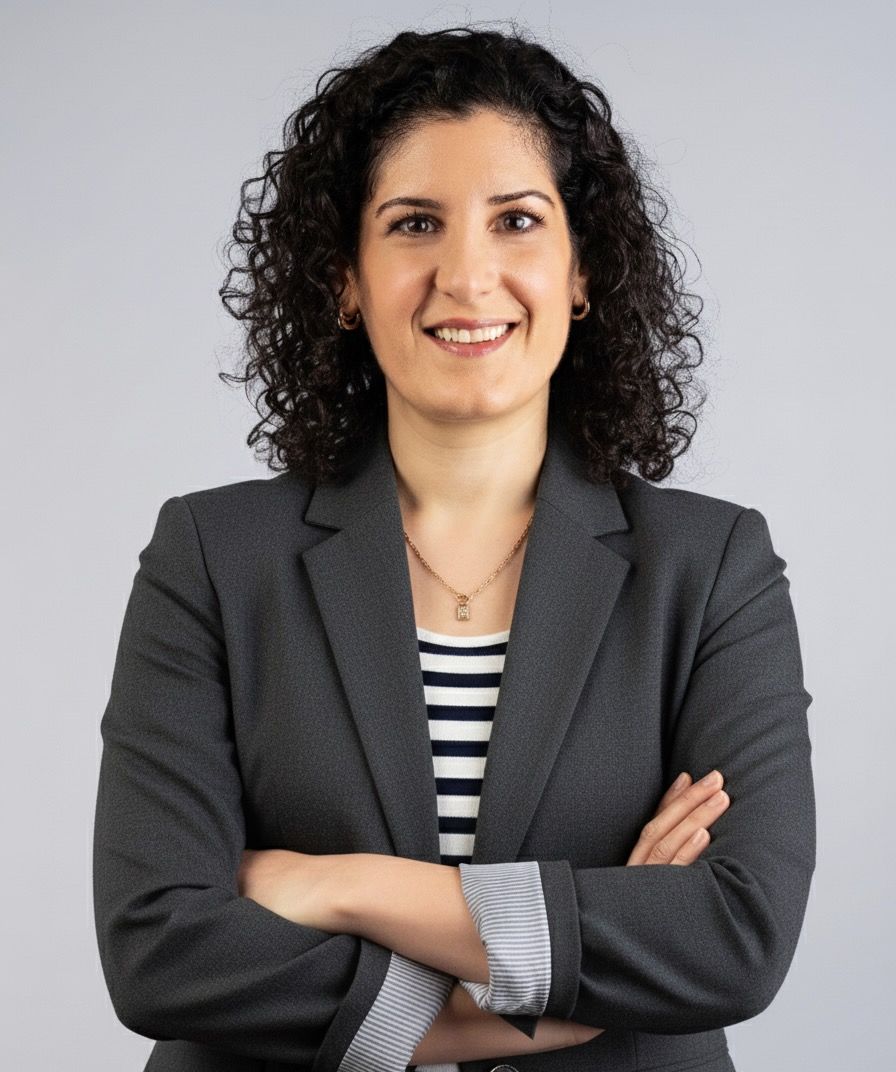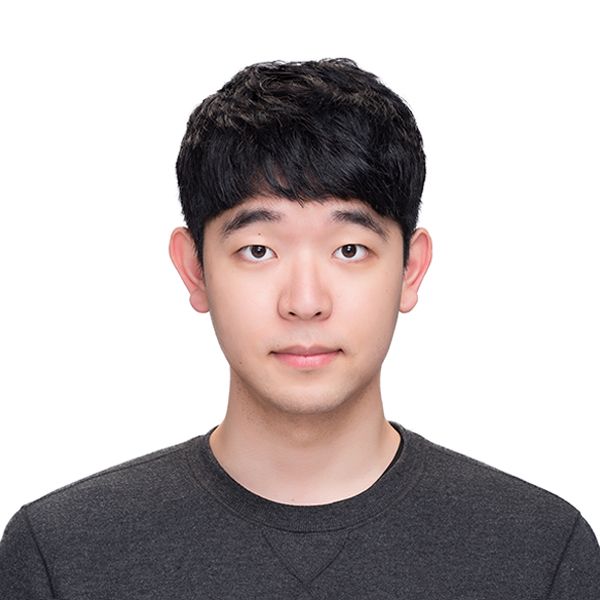The Yoffe Lab investigates how dynamic interactions within the tumor microenvironment (TME) shape cancer initiation, progression, and therapeutic response. We integrate spatial and single-cell multi-omic technologies with computational modeling and machine learning to decode the cellular heterogeneity, spatial organization, and molecular circuitry that drive tumor evolution.
We study how radiotherapy reprograms immune landscapes, aiming to uncover mechanisms that can be leveraged to enhance therapeutic efficacy in lung and colorectal cancers, either in combination with immunotherapy or as a standalone treatment. The lab also focuses on early lung adenocarcinoma, where we dissect how TME remodeling, and particularly the crosstalk between tertiary lymphoid structures and T-cell exhaustion, drives the transition from pre-invasive to invasive disease.
Ultimately, our goal is to achieve a mechanistic and spatially resolved understanding of tumor–immune interactions that will guide the development of new therapeutic strategies and predictive biomarkers.
Members:

Liron Yoffe, PhD
Principal Investigator
Dr. Yoffe is a computational biologist whose research bridges data science and translational oncology to uncover how the tumor microenvironment drives cancer evolution and therapy response. She earned her Ph.D. in Computational Biology from Tel Aviv University, where she developed a deep interest in integrating multi-omic data to study complex biological systems.
Before joining the Department of Radiation Oncology at Weill Cornell Medicine, Dr. Yoffe completed her postdoctoral training in Olivier Elemento’s lab. Her work examined endothelial–tumor cell crosstalk in leukemias and lymphomas using primary samples and xenograft models in collaboration with Dr. Giorgio Inghirami. She also investigated the role of the microenvironment in early lung adenocarcinoma, integrating single-cell RNA sequencing, imaging mass cytometry, and spatial transcriptomics in collaboration with Dr. Vivek Mittal and Dr. Nasser Altorki.
Dr. Yoffe holds appointments in the Departments of Radiation Oncology, the Department of Systems and Computational Biomedicine, the Caryl and Israel Englander Institute for Precision Medicine, and the Institute for Computational Biomedicine at Weill Cornell Medicine.

Junbum Kim, PhD
Postdoctoral Associate, jointly with Dr. Olivier Elemento
Junbum Kim is a postdoctoral associate jointly appointed in the Institute for Computational Biomedicine and the Department of Radiation Oncology at Weill Cornell Medicine. His research centers on integrating spatial multiomics, artificial intelligence, and computational modeling to elucidate how cellular ecosystems drive cancer initiation, progression, and therapeutic response. He earned his Ph.D. in Physiology, Biophysics, and Systems Biology from Weill Cornell Medicine, where he conducted his doctoral research in the Elemento Lab, and his Master of Engineering and Bachelor of Engineering degrees in Electrical Engineering from The Cooper Union for the Advancement of Science and Art. Dr. Kim leads the analytical efforts for the NIH-funded ROBIN project, which investigates how pre-operative radiotherapy alters cellular organization, mutational processes, and immune-microbiome interactions in colorectal cancer. He also developed UTAG, an unsupervised framework that identifies tissue architecture directly from spatial omics data. His work bridges spatial biology and machine learning to better characterize the complexity of cancer and inform clinical decision-making.
Nishanth Chinnadurai
(Master's student, jointly with Dr. Olivier Elemento)

